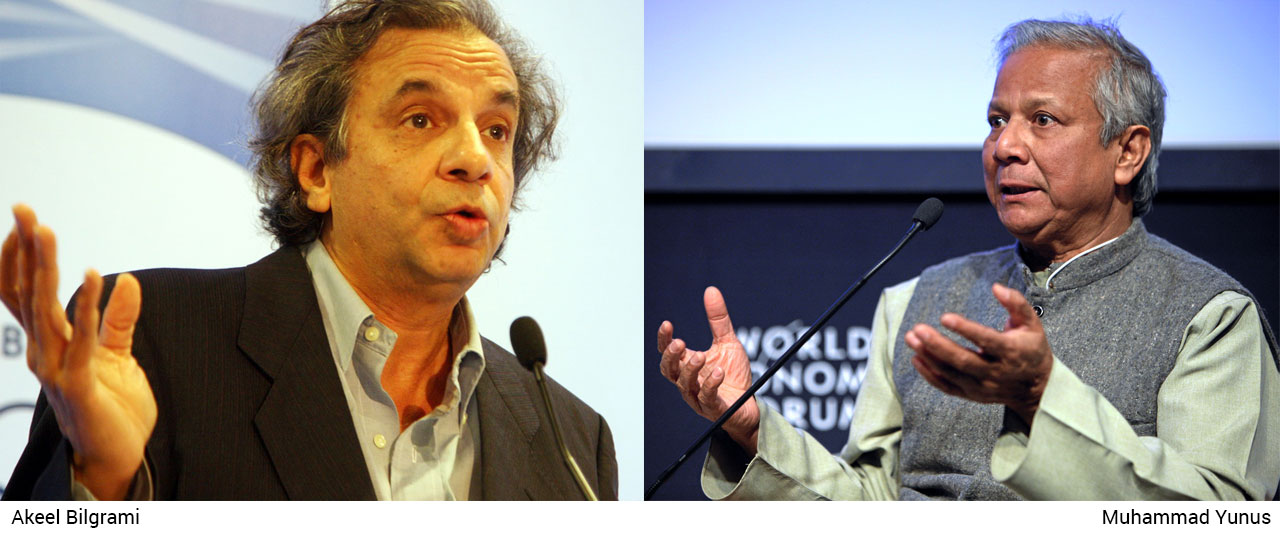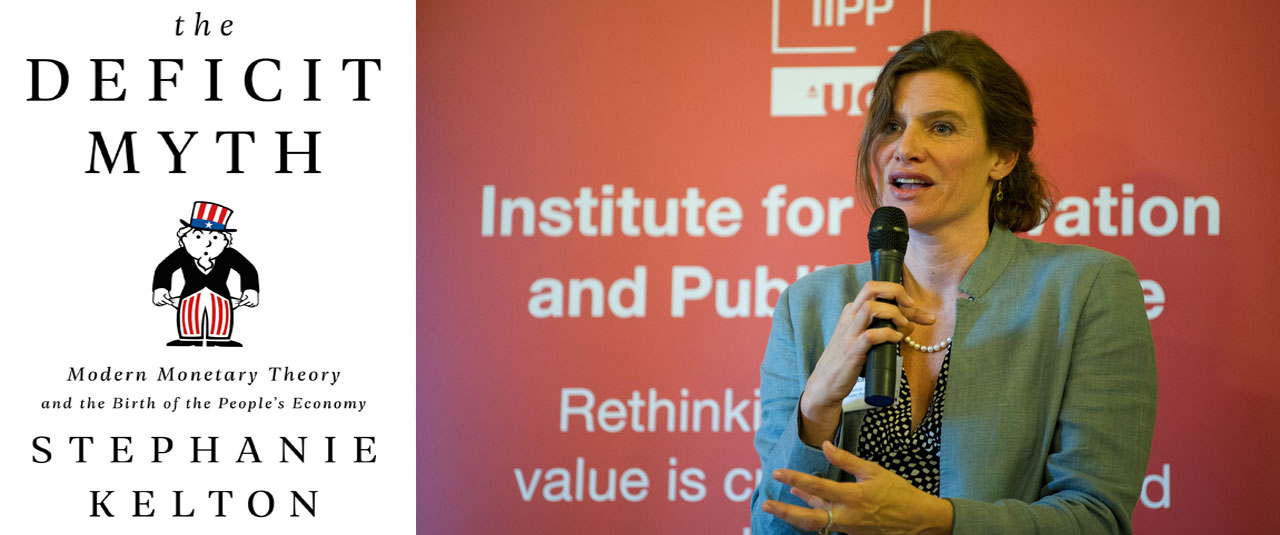For nearly one-and-a-half decades the world has been plunged into a dilemma it has not yet found a way of getting out of. The final straw that is breaking the proverbial camel’s back is the Covid-19 pandemic that has halted the world in its tracks: lock, stock, and barrel. In the beginning though, it had appeared to be just an economic and financial crisis as the world economy slipped into a severe recession in 2007-09. Economists, politicians, and big finance were confident that a few routine economic measures and government stimulus would surely bring back normalcy. That, however, did not happen. What’s worse, China fast emerged as an economic challenger to the United States, bringing closer a long-expected readjustment of a long-established international power equation.
What also took place, and was quickly forgotten, were massive protests globally under the banner of a movement called Occupy Wall Street, as thousands came out on the streets demanding restraints on big finance that seemed to be going berserk in the hurry to make a fast buck. These concerns, however, receded into the background as the rapidly expanding social media captured the imagination of the younger and not-so-young generations. The closing days of 2019 changed all that when the Covid-19 virus hit us. It attacked human beings on multiple fronts – health, economy, society, psychology, and politics. Governments and people reacted in an unsure manner as heart-rending scenes unfolded across the world. They were dealing with a once in a lifetime event. Nobody had any answers.
How and why did the world come to such a pass? Could it be that warnings sounded by economists, social activists and philosophers, and calls for systemic reforms have been ignored for too long?
It may be worthwhile taking a look at some of these ideas that may help us out of the mess, unless of course it is not too late already.
Of the people who have thought about the world’s problems and offered novel solutions, I have chosen to focus on three people, two Asians–Dr. Muhammad Yunus and Prof. Akeel Bilgrami–and an American, Prof. Stephanie Kelton. All three have achieved eminence and recognition in their respective fields. Mohammad Yunus of Bangladesh is well-known for establishing the bank for the poor–Grameen Bank and has pioneered the practice of micro-finance and social business. Akeel Bilgrami is a philosopher at the University of Columbia, US, and is a leading exponent of modern thought including that of Gandhi. Prof. Kelton teaches economics at Stony Brook University, US, and is a leading proponent of what has come to be known as Modern Monetary Theory (MMT) that dismisses the neo-liberal anxiety over budget deficits when it comes to central governments. All three have a couple of points in common. First, they reject conventional economic wisdom and its assumptions and second, they present an entirely new vision of life—social, philosophical, and political. They are not the only ones to do so but are fairly representative. Their thoughts are definitely worth considering as they just might contain pointers to the direction that could be taken in the future to pull the world out of the hole into which it has apparently dug itself.
To start with, Muhammad Yunus is a preeminent scholar for his deep study of economics first in Bangladesh and later in the United States that earned him a Ph.D. But his first-hand experience of the poverty stricken in his home country convinced him that the theory he had learnt made no sense. Economic theory he found to be mostly ‘fairy tales’ that held no relevance in real life. In his view the fundamental mistake committed by conventional economic theory was to assume that human beings were driven by self-interest. To put it simply, everyone was selfish. The real human beings he encountered possessed both qualities—selfishness and selflessness. But economic theory completely blacked out the selfless part, thereby helping to create a totally selfish world, driven by profit. The whole system, he felt, sucked up wealth from the bottom and concentrated it in the hands of a few. The consequence? Half the people in the world had no access to the “oxygen” of financial services and remained mired in poverty. Banks took the easy way out and tapped the wealthy.
Eventually, by 1983 Yunus formalised the entire thing as a rural bank, calling it Grameen Bank. Its distinguishing feature was that it demanded no collateral while lending money. It did charge interest at 20 percent per annum, nowhere near the 10 percent per week charged by the moneylender on unsecured loans
Yunus found the answer as he worked with the poor in a village called Jobra near the southern port city of Chittagong back in 1974. His journey in micro-finance began when he discovered in Jobra a woman who was skilled at making bamboo furniture and yet was steeped in poverty. This was because her only source of credit was the local usurer. The usurer swindled her through a dual mechanism—he lent her money to buy raw materials, but at exorbitant interest rates. Secondly, he lent money on the condition that she sell all her furniture to him—naturally at dirt-cheap prices. It was impossible for the woman, named Sufiya Begum, to earn a decent income as she never got market price for her products. Banks would not lend to her because, being extremely poor, she did not have any assets that could be put up as collateral, a necessary condition. Yunus tried to break this vicious cycle by lending some money to Sufiya and 42 other villagers engaged in various crafts and occupations, who faced similar problems. Freed of the moneylender’s burden, the villagers proved to be good entrepreneurs and returned Yunus’s money within a week. Encouraged, he gradually expanded his lending operations and with the help of his students designed a set of rules that governed lending without collateral while ensuring prompt repayment.
When nature gets transformed into natural resources, we look upon it with increasing detachment and are therefore alienated from it. Through colonisation, nature was transformed into a resource for exploitation with impunity. The colonial masters believed that to think in any other way was being backward
Eventually, by 1983 he formalised the entire thing as a rural bank, calling it Grameen Bank. Its distinguishing feature was that it demanded no collateral while lending money. It did charge interest at 20 percent per annum, nowhere near the 10 percent per week charged by the moneylender on unsecured loans. Grameen Bank used peer pressure instead of the collateral. The bank was described by Yunus as a social business, which he defined as a “non-dividend company to solve human problems”.

Explaining further, Yunus said that he had combined the selfish and selfless sides of human nature in this venture. He wasn’t doing charity. The capital in the bank was generating an income. But at the same time, it was solving human problems. Lack of access to financial services prevented thousands of people from making a decent living from their creative skills and he had addressed this. He also tried to address problems connected with nutrition, health, and communication, but always through the social business model. Personal profit is a powerful incentive, but it is not the only incentive, said Yunus in a recent lecture in India. “If making money is happiness then making other people happy is super happiness,” he said.
Many view Yunus’s altruism with suspicion and he has been at the centre of controversies in Bangladesh and faces court cases even now. The government has removed him from the chairmanship of Grameen Bank. On the positive side, he himself admits that he is doing no charity. He is only combining the objective of charity with a business. That is why he had no qualms about tying up with a multinational firm driven by the profit (selfish) motive to provide cheap telecom services to poor people in a way that was remunerative. You can like or dislike him, but you can’t ignore what he highlights—the need for placing human needs and problems at the centre rather than focusing solely on the profit-making and leaving a majority of human beings out of the equation. Perhaps our major banking and financial institutions and politicians, who make policies in this regard, are leaving out the human being from their calculations, which has resulted in contemporary dysfunction.
At this point we can turn to Indian thinker and philosopher Akeel Bilgrami who has offered similar though not identical ideas by drawing upon the thoughts of Mahatma Gandhi, particularly the latter’s challenge of modernity for unleashing the forces of alienation. In his younger days, Bilgrami was an admirer of Jawaharlal Nehru, but as he delved into philosophy, he found the Mahatma to be a much deeper thinker. While Gandhi was not opposed to the enlightened concepts of liberty and equality, he was not willing to put them centre-stage. He wanted to put what Bilgrami described as the unalienated life at the centre with liberty and equality playing supportive roles. The unalienated life would help reconcile the ideals of liberty and equality, which were essentially at odds with each other. The individual’s right to property, physical or intellectual, resulted in the perpetration of inequalities. And these were the ideals of the enlightenment (17th and 18th centuries) upon which modern western society is modelled. In such a society people just live their own lives. They don’t have a sense of community and solidarity, which is exactly why liberal democracies are unable to develop a response to the politics of identity.
So how did alienation arise? Gandhi, says Bilgrami, found the origin of alienation in the idea of ‘living in the world’ being transformed into the idea of control and mastery of the world. In this transformation, nature changed into natural resources, human beings into nebulous citizens, people into populations, and knowledge to live by was replaced by the concept of expertise to rule by. When nature gets transformed into natural resources, we look upon it with increasing detachment and are therefore alienated from it. Through colonisation, nature was transformed into a resource for exploitation with impunity. The colonial masters believed that to think in any other way was being backward.
Drawing from the spiritual and folk and Bhakti traditions of the East, Gandhi felt that nature had a value beyond what could be studied by the natural sciences and required a normative response from us. He disagreed with the Newtonian view that nature was brute, inert, and stupid. It is a superstition of modernity that nature has anything that the natural sciences cannot study, he felt. So, in order to get rid of alienation from nature, human beings must feel themselves to be a part of it. From this stemmed his idea of cooperation to preserve the commons, an idea that found expression in the ashrams (hermitages) that he established in South Africa and India.
Kelton, who has great influence in the Joe Biden administration, is of the view that so far as the federal government in the United States is concerned, it should use its unique power to create money (deficit financing) to tackle poverty, inequality, climate change, employment, housing, and healthcare, among others
The whole community had to contribute for the upkeep of the commons. But the ideas of economic theorists run directly counter to this. They have dismissed the idea of cooperation as irrational. They find that kind of behaviour to be more logical in which a person makes immediate gains by not paying the cost of maintaining the commons, using the excuse: ‘I don’t know whether others are paying.’ But when everybody fails to cooperate, the commons are destroyed as we see increasing instances of environmental disaster in recent decades all around the world. In the short run, the individual gains but overall, he loses as the community loses. That is the dilemma of modern society.
Bilgrami recalls a personal anecdote from his childhood to illustrate Gandhi’s point. He was walking on one of the beaches in Mumbai (Bombay then) with his father when they came across a wallet containing currency notes. Bilgrami wanted to pick it up but his father asked why he wanted to do this. “Because if we don’t pick it up someone else will.” No, replied his father. “If we don’t pick it up no one will.” The feeling that “if I don’t pick it up, somebody else will” represents alienation. An unalienated life looks at things from the point of view of the community and precludes such a question. The logic may seem to be counterintuitive, but that’s because most of us these days are conditioned to think in the individualistic way.

The above examples were from the East. The good news is that the tide seems to be turning among economic theorists in the West too. American economist Stephanie Kelton, for instance, has blown away the myth of fiscal prudence and fiscal discipline, favourite of neo-liberal economic theorists. Kelton, who has great influence in the Joe Biden administration, is of the view that so far as the federal government in the United States is concerned, it should use its unique power to create money (deficit financing) to tackle poverty, inequality, climate change, employment, housing, and healthcare, among others things.
She is not talking just about the economy. Fiscal prudence and discipline are among the favourite conditionalities that the IMF-World Bank imposes when countries like India borrow to tide over an economic crisis. Author of the bestselling, The Deficit Myth, Kelton says that deficits can be used to sustain life and create a just economic order that does not concentrate wealth in the hands of a few. The 1.9-trillion-dollar rescue plan passed recently by the new American administration should therefore cause no surprise. And Biden has promised many trillions more soon. Conventional economic wisdom seems to be on the backfoot.
The writer has been a media professional for 38 years. He was the former HoD of the Amity School of Communication, Amity University.


























